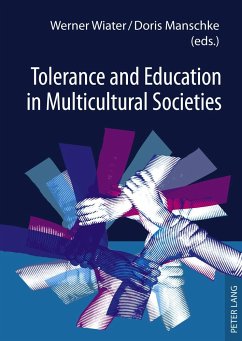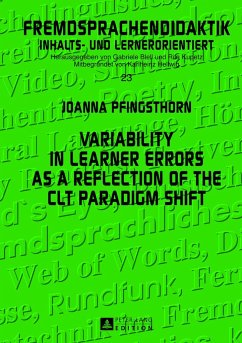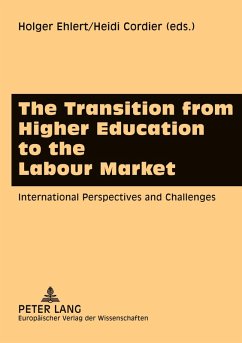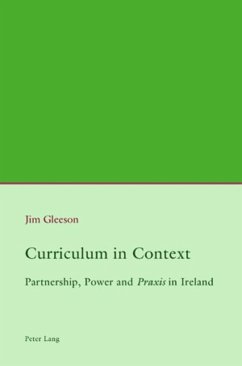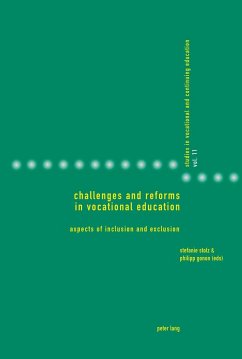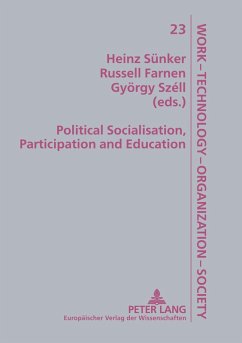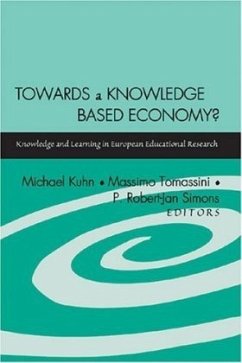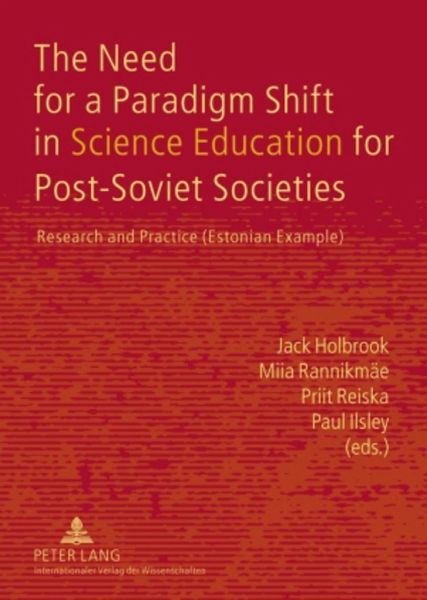
The Need for a Paradigm Shift in Science Education for Post-Soviet Societies
Research and Practice (Estonian Example)
Herausgegeben: Holbrook, Jack; Rannikmäe, Miia; Reiska, Priit; Ilsley, Paul
Versandkostenfrei!
Versandfertig in 6-10 Tagen
84,50 €
inkl. MwSt.

PAYBACK Punkte
0 °P sammeln!
This book explores the evidence for paradigm shifts in the context of science education. The articles draw attention to areas where there is a perceived need for a paradigm shift in post-Soviet countries if science education is to meet the goal of enhancing scientific literacy. Estonia, as an example of a faster developing country from those in the post-Soviet block, recognised the need to change its System when the economy allowed. Its first focus was in the area of technology. It was seen as vital to generate interest towards science for students studying in compulsory education. Inevitably ...
This book explores the evidence for paradigm shifts in the context of science education. The articles draw attention to areas where there is a perceived need for a paradigm shift in post-Soviet countries if science education is to meet the goal of enhancing scientific literacy. Estonia, as an example of a faster developing country from those in the post-Soviet block, recognised the need to change its System when the economy allowed. Its first focus was in the area of technology. It was seen as vital to generate interest towards science for students studying in compulsory education. Inevitably scientific thinking plays an important role in the development of a society, and where post-Soviet countries are part of the European Union they also will need to see an important role of school science in preparing adults for a knowledge-based society. The paradigm shifts are thus seen in this light.



